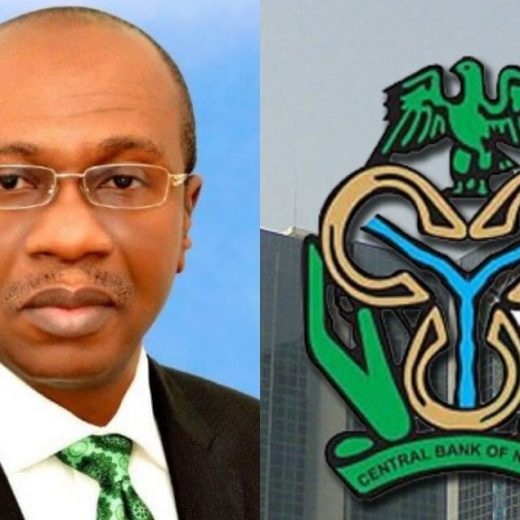Inability of the Central Bank of Nigeria (CBN) to publish its 2018 annual reports and accounts as stipulated by law is giving investors and stakeholders serious concerns as the year draws to a close.
By tradition, the audited account is published in the second half of the year and can be downloaded on the website of the CBN.
However, the audited account is yet to be published keeping stakeholders and investors in the dark about the financial health of the CBN.
Apart from the fact that it is a statutory obligation, it helps investors to independently dissect the impact of the developmental policies of the bank on its balance sheet over the years.
The Central Bank’s balance sheet is thought to have exploded over the last 4 years following its staunch defense of the naira, which is driven by a convoluted monetary policy. From dishing out mouth-watering interest rates via Open Market Operations (OMO) bills, to massive lending sprees at concessionary rates in support of the government’s agriculture policy, its balance sheet has expanded.
In its 2016 annual report, the bank’s balance sheet rose by a whopping 41.6% to N21 trillion and then 35% to N29.3 trillion in 2017.
It explained, that “the increase in assets resulted mainly from External Reserves, Loans, and Receivables, holdings of SDR and Quota in the IMF. The corresponding increase on the liability side resulted mainly from increased CBN issued instruments, increased IMF and other liabilities.”
Recently the CBN edged out investors other than banks and foreign investors from accessing the OMO market in a move seen as a larger strategy to curb its hefty interest rate payout.
Data from the CBN indicate it has a total OMO Bills of about N13.8trillion out of which local banks held N3.95 trillion, corporates N3.7 trillion and foreign investors N6.1 trillion.
The CBN’s largest debtor is the Asset Management Corporation of Nigeria (AMCON) and as of 2017 was being owed about N3.8 trillion in bonds out of the N10 trillion in loans and receivables stated in its balance sheet as at 2017.
Its 2018 annual report should provide better details on the state of health of the bonds and whether AMCON is servicing it as at when due.
The CBN loans to state government caused a difficult stir earlier in the year when a conversation between the CBN Governor and his top personnel leaked.
According to the CBN, the discussion was about a N150 billion provision its auditors had asked it to take, which if acceded to would effectively wipe out its shareholders’ funds.
The provision was part of the N650 billion loan, which the CBN lent to State Governments as bailouts that had now gone bad (states are not servicing the loan as expected.
While this issue may have been put to bed it shows just what it takes to send the CBN’s balance sheet into losses and wiping out its shareholder’s funds.
As of 2017, the CBN’s shareholders fund was N819.2 billion thus suggesting that a N150 billion provision could wipe out shareholder’s fund suggest their balance sheet may just be weaker in 2018.
The CBN under Godwin Emefiele has been coy about publishing annual reports including notes to the accounts. As we approach 2020, one expects someday sooner rather than later the CBN will release the annual report.

 Health5 days ago
Health5 days ago
 Entertainment7 days ago
Entertainment7 days ago
 Education7 days ago
Education7 days ago
 Crime5 days ago
Crime5 days ago
 Health7 days ago
Health7 days ago
 Comments and Issues6 days ago
Comments and Issues6 days ago
 Football6 days ago
Football6 days ago
 Latest6 days ago
Latest6 days ago

